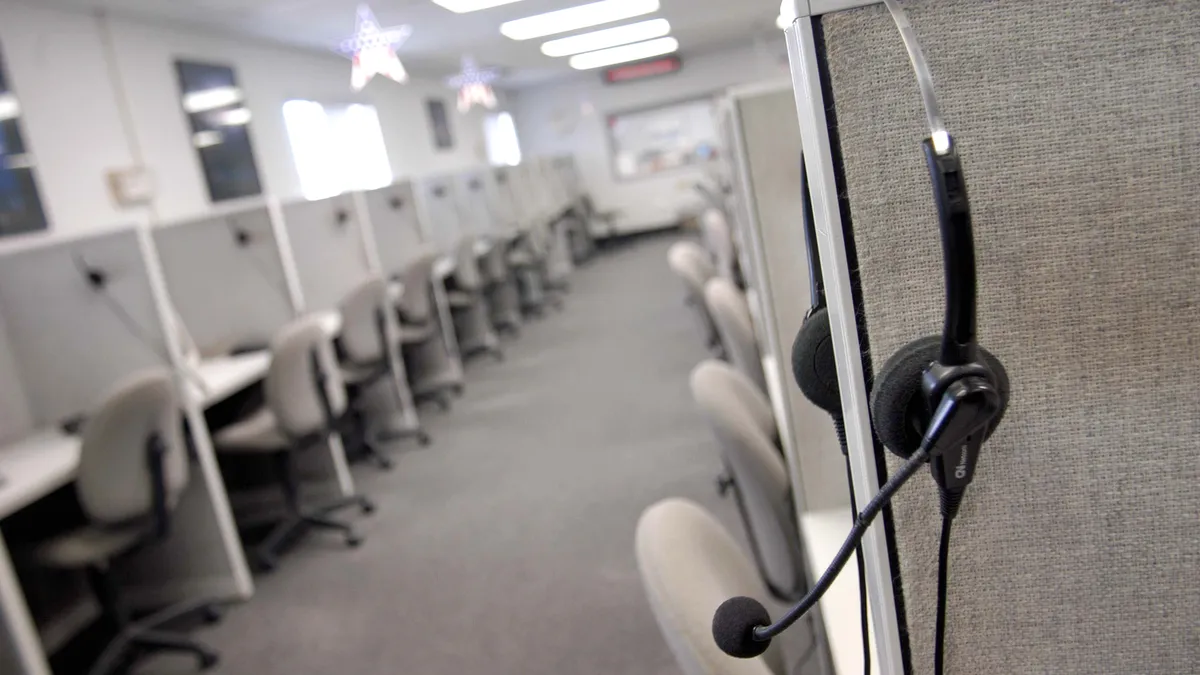In recent years, many in the HR industry began to focus on the needs of working parents and caregivers, spurring solutions ranging from expanded leave benefits to flexible work schedules. The COVID-19 pandemic is testing employers’ commitment to addressing those issues.
A February survey of workers by caregiver service site Care.com found 86% of respondents had stayed home from work to care for a family member or pet at least a few times per year, and 80% said they felt distracted at work due to caregiving concerns. In July, a Morning Consult survey found that more than half of surveyed parents who quit their jobs during the initial months of the pandemic said child care or school closures influenced their decisions.
The ensuing move to telework or remote work at many companies has encouraged the development of flexible work schedules. Employers have found that flexibility is critical to ensuring those with caregiving responsibilities can continue to work, according to sources who recently spoke to HR Dive.
But employers can also create benefits and other programs that meet families' needs directly. As its workforce went remote, financial services company Fidelity Investments sought a solution that could aid workers coping with school and daycare closures. The company found it in the form of a virtual summer camp, titled the Fidelity Kids Camp, according to Teresa Pelletier, senior director of community relations at Fidelity and co-leader of Raise, the company’s internal resource group for working caregivers.
'Not your traditional Zoom meeting'
More than 900 families participated in the camp and the most popular age group of participants was six to eight years old. "I'm the mom of a soon-to-be six-year-old, and I can understand why that was a popular age group," Pelletier said in between laughs. Fidelity Kids Camp included five weeks of full-day programming and, overall, the program hosted 47 sessions that drew some 10,000 cumulative registrations.
The drive to put such a program in place began when Fidelity noticed that customer-facing employees were having challenges holding video meetings with clients, Pelletier said, particularly when the need to care for children arose. To find a solution, Fidelity decided to take a page from its existing benefits practices.
"We have programming on fitness and food and other topics, and so there was a level of expertise and experience doing that for adults," Pelletier said. "What we did was work with an educational consultant on, how do you create that programming with a lens for children."
The program's menu encompassed a wide range of activities for participants, ranging from art to cooking to fitness, including yoga exercises. Pelletier said the company worked with a consultant that understood how to keep children engaged, since a virtual summer camp is "not your traditional Zoom video meeting."
Key to that point was involving experts. Pelletier's two kids attended a "mystery chef" cooking session that featured Duff Goldman, a former Food Network TV show host, who taught participants how to make unicorn brownies. "They were just so enamored and surprised [with] the fact that Duff was talking to them," Pelletier said of her kids' enjoyment of the session. "They just thought that was the coolest thing ever, and I can tell you they would never sit on a computer for an hour for many things."
Each session had moderators present to help participants ask questions and engage with the hosts, while follow-ups brought workers' families closer together. For example, when Kids Camp participants completed art projects for one session, Fidelity featured pictures of their work on an internal virtual art gallery.
The program was "clearly something that resonated with our working parents during these unusual and unprecedented times," Pelletier said. And although giving employees a window of time to concentrate on work was a goal for Fidelity, the company aimed to create programming that actually resonated with families. "It wasn't just about occupying time — it wasn't virtual babysitting," Pelletier noted, "there was actually programmatic value to it."
Larger takeaways
Questions about how to support working parents have not subsided as the pandemic continues into September, with many school systems from the early childhood to the collegiate levels dialing back reopening plans. As confusing as the situation can be for families, some employers do not have many answers for school closures and delays, either.
"What we're seeing is, every school district has its plans but we don't really know what those are going to look like as the weeks and months go on," Pelletier said.
So far, Fidelity is tackling the problem using a multifaceted approach. The company provides additional paid relief days for employees to deal with unexpected events, which may include childcare or other challenges. "I think recognizing that the unexpected is going to happen and giving those days in addition to our regular time off was very much appreciated by our working parents."
Fidelity had a back-up dependent care benefit in place "all along," Pelletier said, in addition to the mental health benefits offered as part of its benefits package. Raise, the internal group Pelletier co-leads, provides a community for caregivers with its over 3,000 members. Employees have attended webinars and participated in discussions with one another on topics like juggling different calendars for work and school for multiple children while operating remotely.
"We're all figuring this out together," Pelletier said. "Nobody's been through anything like this and there's no blueprint for it, and so that community of bringing people who are experiencing and navigating this together has been really important."
The company also offers access to a service that helps employees vet childcare options, which Pelletier herself has used. "That service is helping me interview, background check [and] really think through what the options are, honestly, in terms of what can I do to manage both being a working parent and a productive employee at the same time."
Addressing takeaways for other employers, Pelletier said she believes it's important for employers to provide a way for working parents to connect with each other. "There is no textbook or blueprint or manual for parents to figure this out," she added. "Having people at your company who understand your company culture and expectations, but [who are] also navigating the external world through [the] childcare crisis has been invaluable."
Employers should also consider the fluid nature of the upcoming school year and how it is likely to impact working parents. "Keeping the conversation open and resources fluid as things change will be critical," Pelletier said.





















